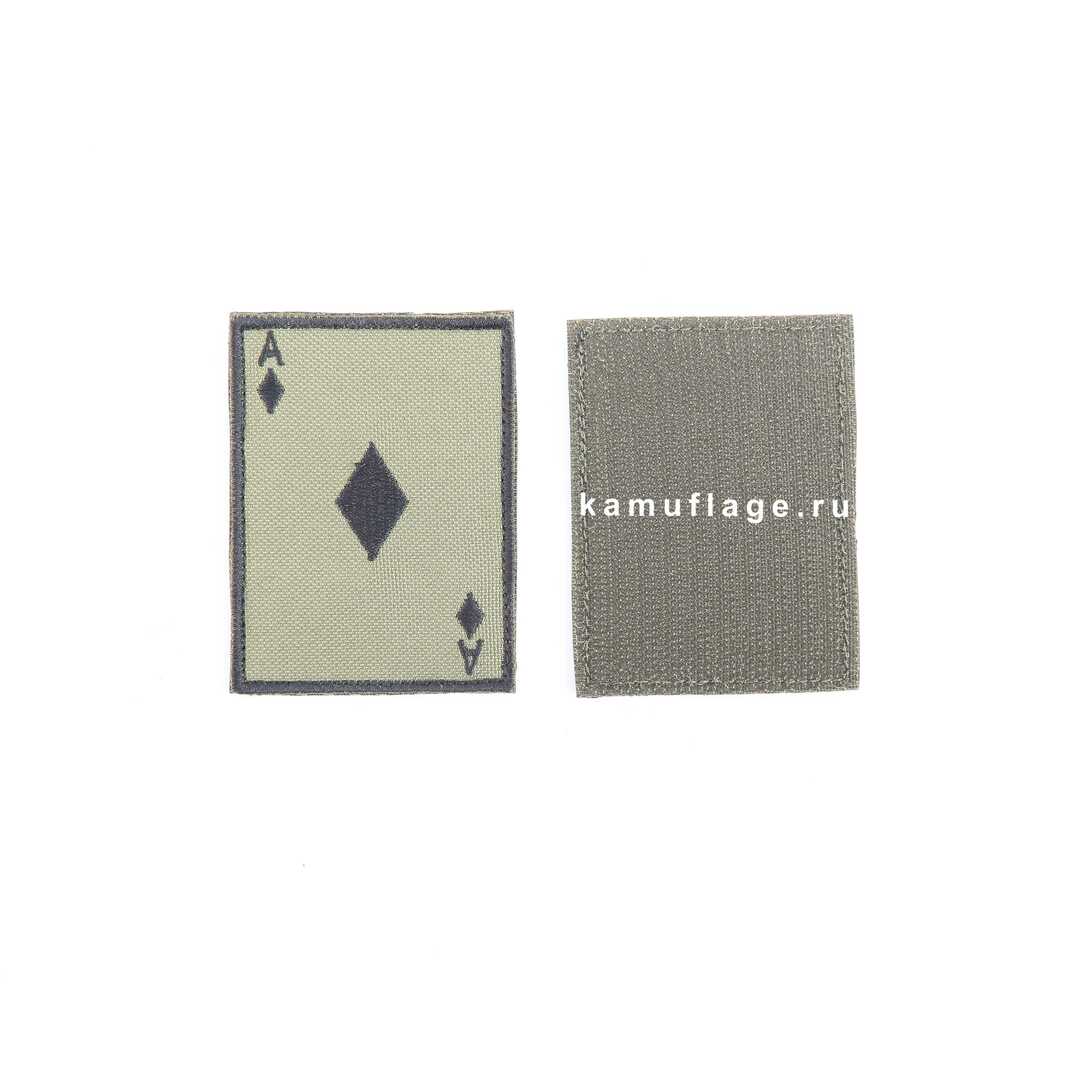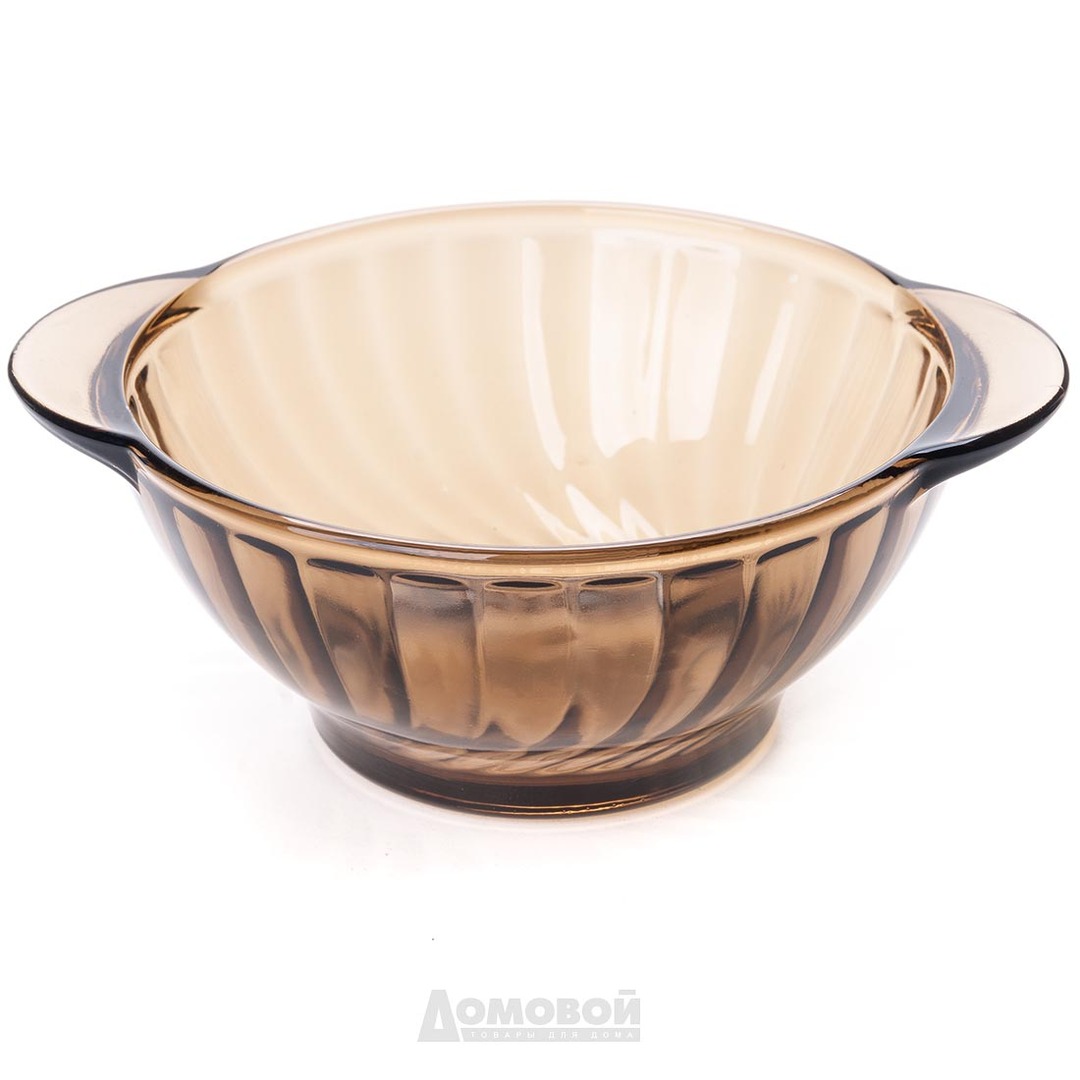Irrigator - a device for daily hygiene care and prevention of oral diseases. dental equipment design is quite simple, the basic units of the device is a compact hydraulic pump bulb for fluid and interchangeable tips. Purification of periodontal pockets, interdental and removal of bacterial plaque from dental surfaces takes place under the action of a fine stream, which device delivers a high pressure.

In today's market dental products A wide range of devices for oral care. irrigators model different specifications, structure, operating principle. To select the optimum device, you should know what settings are crucial and which ones - secondary.
Content:
- Important selection criteria
- The unit WaterPik WP-100 Ultra
- Model AquaJet LD-A7
- Irrigator B.Well WI-911
Important selection criteria
- Device type - stationary or portable. Stationary irrigator designed for use in a fixed place, it can be connected to the water system. Portable irrigator - a compact device with low power, mains-independent, convenient for travel.
- Cleaning Technology - monostruynaya, microbubbles or throbbing. Monostruya - water or medicinal liquid serves as a powerful continuous stream. Microbubble - irrigator equipped with an air pump, through which the liquid is saturated with oxygen bubbles. Water-air mixture is supplied under pressure, not only effectively removes dirt, but also destroys harmful germs and bacteria. Pulsating - liquid is fed into the oral cavity in the form of pulsatile jets. purification technology using such a stream allows to produce high quality clean periodontal channels and spaces between the teeth of food debris, bacteria, gently remove plaque.
- The water tank - in stationary flasks models amount ranges 600-1000 ml, in portable devices - from 120 to 250 ml.
- The number and types of attachments - in the arsenal of the optimal model must be present tips for cleaning periodontal recesses, language, braces, prosthetic implants and bridges.
- Jet pressure - the maximum pressure force is generated by a stationary device, can reach 600-800 kPa, a standard portable models maximum flow capacity is 500-600 kPa. A good machine must be capable of adjusting the power of the jet.
Secondary selection criteria
- design;
- body color;
- the availability of service in the community;
- Energy consumption;
- noise level.
When buying irrigator must not only take into account the technical features of the machine, but also take into account the number of users and that they have dental problems.
Rating of the most popular models is as follows:
- WaterPik WP-100 Ultra;
- AquaJet LD-A7;
- Well WI-911.
Technical characteristics, advantages and disadvantages of each of the top model are presented in the review.
The unit WaterPik WP-100 Ultra
Dental device WP-100 Ultra from company WaterPik provide high-quality and simple oral care at home. The machine is characterized by ergonomic design and broad functionality. WP-100 not only carefully removes 99.9% of plaque, food residues and bacteria, but also provides massage gums and tongue, effectively cleanse braces and implants. Basic device accessories designed for use with two family members.

Features irrigator
- type of device - a stationary unit;
- method jet flow - pulsing;
- the number of pulses per minute - 1200;
- Power supply - mains 220V;
- Power consumption - 45 W;
- unit weight - 1.2 kg;
- body dimensions (height, width, depth) - 22x * 16.5 * 14 cm;
- capacity flask for liquids - 600 ml;
- the number of high-speed water flow regimes - 10;
- Jet pressure - from 220 to 620 kPa;
- decibel level - 67;
- number of nozzles - 7;
- warranty period - 2 years;
- Country of origin - USA.
Advantages WaterPik WP-100 Ultra
- compact size;
- versatility;
- high assembly quality;
- attractive design;
- low noise level during operation of the apparatus;
- capacious reservoir for fluid;
- optimum pressure fluid supply;
- power regulation function of the jet;
disadvantages
- dependence on the outlet;
- a short power cord;
- considerable weight;
- high price.
Model AquaJet LD-A7
The dental hygiene device AquaJet LD-A7 elementary cope with cleaning the most inaccessible places, carefully removes bacterial plaque. The device can be used for purification of crowns, braces and dental bridges. Delivery includes mounting hardware for fixing the device on the bathroom wall.

Characteristics
- jet flow technology - throbbing;
- type of device - a stationary irrigator;
- number of pulsations per minute - 1200;
- power consumed by the device - 40 W;
- wt apparatus - 1.35 kg;
- body dimensions (height, width, depth) - 18 * 17.5 * 14.5 cm;
- Power supply - mains 220V;
- Container capacity for liquids - 500 ml;
- the number of high-speed water flow regimes - 4;
- Jet pressure - from 290 to 810 kPa;
- decibel level - 71;
- number of nozzles - 4;
- warranty period - 1 year;
- Country of origin - Taiwan.
Benefits AquaJet LD-A7
- affordable price;
- ergonomic design;
- can be fixed to the wall;
- continuous adjustment of the jet flow velocity;
disadvantages
- short the cord;
- a lot of weight;
- increased noise level during operation;
- a limited number of interchangeable nozzles;
- effort is required to apply for the removal of attachments.
Irrigator B.Well WI-911
The device for oral hygiene B.Well WI-911 was developed by leading Swiss specialists for the production and evaluation of quality control applied innovative technologies. For the maximum effective hygienic cleaning tooth surfaces, interdental spaces and periodontal pockets irrigator nozzle design provides rotation function 3600. Basic delivery includes the oral irrigator, water flask, removable nozzle instructions for use, adapter travel cover. Packaging is designed for two users.

Characteristics
- the type of device - a portable irrigator;
- jet flow technology - throbbing;
- Management - push-button;
- number of pulsations per minute - 1600;
- weight of the machine - 0,253 kg;
- aggregate size (height, width, depth) - 19.5 * 17.5 * 7 cm;
- power supply - built-in battery;
- the number of feeding elements - 1;
- rated voltage - 100-240 V;
- Battery weight - 0,065 kg;
- Container capacity for liquids - 155 ml;
- number of water feed rates - 3;
- Jet pressure - from 275 to 550 kPa;
- number of nozzles - 2;
- noise - 67 dB;
- warranty - 1 year;
- Country of origin - China.
Benefits B.Well WI-911
- sleek design;
- compact size;
- low weight;
- stand-alone operation;
- contactless charging;
- simple operation;
- low noise levels;
- reliability and high quality of assembly;
- automatic off when not in use the device for 2 minutes;
- affordable price.
disadvantages
- minimum number and rapid wear of nozzles;
- a small tank capacity for the liquid;
- limited lifetime.
Well-chosen irrigator will allow to organize a mini-dental office in the home. The device will ensure the correct oral hygiene, carefully remove plaque from the dental surfaces and food residues in interdental space, improve blood circulation to the soft tissues and prevent the formation of inflammatory processes gums.



